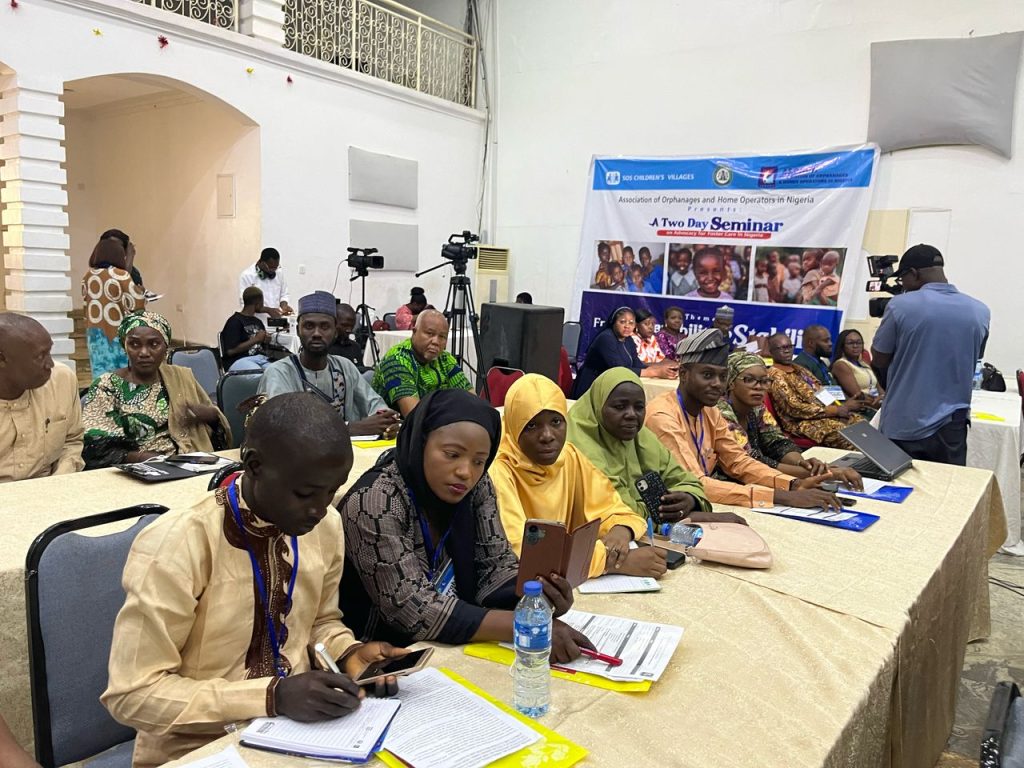The Association of Orphanages and Home Operators in Nigeria (ASOHON) has raised concerns over the weak implementation of the Child Rights Act, of 2003, which continues to hinder the development of foster care in several states across the country.
During the opening of a two-day seminar in Abuja, ASOHON’s National President, Rev. Gabriel Oyediji, emphasized the urgent need for full implementation of the Child Rights Act nationwide. The seminar, themed ‘From Vulnerability to Stability: Time to Strengthen Foster Care in Nigeria’, brought together coordinators and stakeholders to discuss solutions for improving foster care systems.
Rev. Oyediji noted that many states have yet to fully adopt the Act’s provisions, which are crucial in protecting children in alternative care settings. He called on policymakers to push for legal reforms that will create a stronger foster care framework in Nigeria.
While orphanages provide temporary shelter, Rev. Oyediji stressed that institutional care is not the best long-term solution for vulnerable children.
“Research shows that children thrive best in family environments, where they receive love, belonging, and emotional support,” he said.
He further explained that a well-developed foster care system offers children a stable and nurturing home, ensuring their rights and dignity are protected. However, inadequate policies, low public awareness, insufficient funding, and a lack of support for foster parents have continued to hinder the growth of foster care in Nigeria.
The call for full implementation of the Child Rights Act and increased government support for foster care is critical in protecting Nigeria’s vulnerable children. Strengthening foster care through legal reforms, financial incentives, and stakeholder collaboration will ensure that children grow up in environments where they can thrive. ASOHON and SOS Children’s Villages Nigeria continue to push for policies that prioritize family-based care over institutional orphanages, aiming for a future where every child has the opportunity for stability and security.

